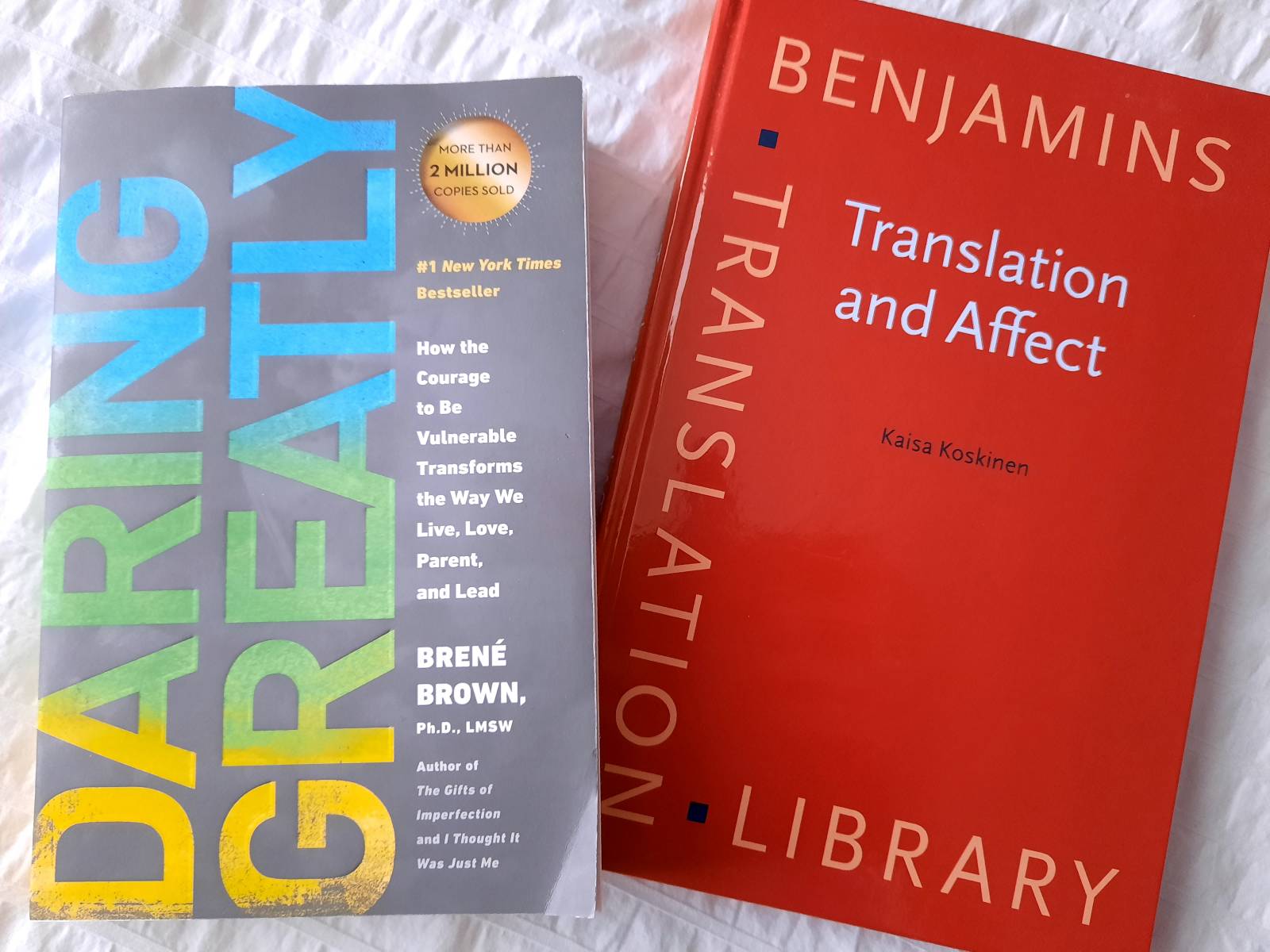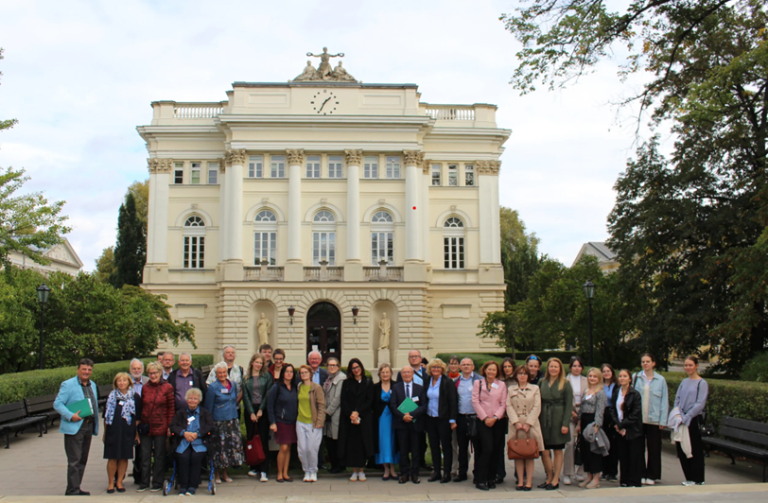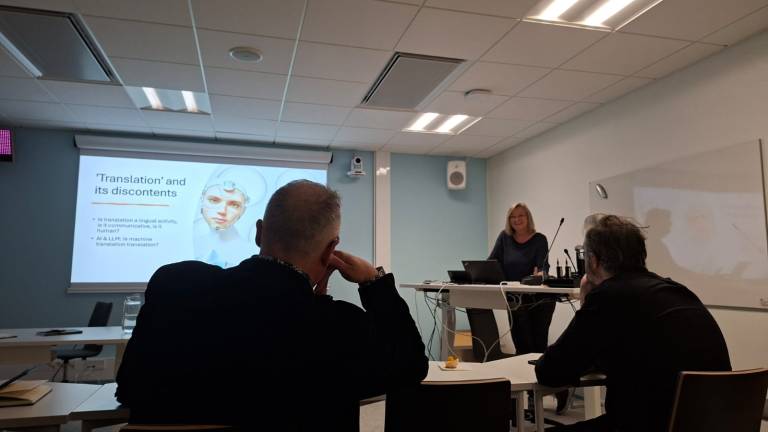Text: Kaisa Koskinen
Last July, in the middle of the holiday season and after a stressful covid19-colored spring term, my latest monograph came out. Publishing in the middle of the summer is like a tree falling in the forest: if no-one notices, did it even happen? Academic publishing is also always a slow process, both in terms of the slow gestation of the texts in the making, and in terms of the reception and feedback to the author.
This time, I have come to realize the long wait in getting feedback is making me feel exceptionally vulnerable, and I am finding my anxiety levels rise in anticipation, not at all convinced that the news, once they arrive, will be good. The book, Translation and Affect, is very special and dear to me. It pushed itself into my life with a force that I can only explain by a curious merging of academic interests and a personal quest for a new balance amidst a mid-life crisis. Although the book is not about the crisis, it is the most personal academic text I have written.
The book also spreads across and over disciplinary boundaries in a manner that has forced me to stretch my knowledge, and I am acutely aware of the soft spots and inaccuracies in many areas I felt necessary to touch upon, aiming for a consilience of sorts. I now also anticipate and yearn for published reviews, knowing that my two referees were divided in their assessment: one loved the manuscript and the other one explicitly did not. I am therefore expecting an equally divided reception. All this breeds a sense of shame: What will people think? The flaws and cracks of my scholarship will be revealed. My writing style will be condemned as unprofessional.
To alleviate my anxiety, I have been reading Brené Brown’s book Daring Greatly. In her work, she encourages us all to show up and embrace our vulnerability. Publishing one’s thoughts is always an act of courage, of daring greatly, and academic publishing, with its processes of critical scrutiny, is doubly so. The monograph, interlaced with my personal life as it is, has brought the normal anxieties involved in academic publishing in sharp relief, but the affects themselves are always there.
Brown talks about appreciating the cracks, and the beauty of being imperfect. Perfectionism, she writes, is a hazardous detour taking us away from wholehearted living. Now, perfectionism was the one thing I had learned to be proud of not suffering from in my working life. My ability to not care about polished texts is well known. This period of anticipation has shown me how wrong I was. Perfectionism at a much deeper level is at the heart of my anxiety. I want to be perceived as an outstanding scholar, and the very real risk of failure in this is making my heart pound, no matter how much I convince myself that perfect is the enemy of good.
Daring greatly is walking a tightrope, Brown says. The solution is not to stop caring about what other people think, nor to be defined by them. When perfectionism meets criticism, we may lose our bearing and instead start people-pleasing. This also happened in my book project. The first manuscript was much bolder in moving away from dry academic style; the not-so-impressed referee’s comments made me tone this down significantly, albeit with a sinking feeling. It has therefore been heartwarming to hear more than one reader in my close circle comment that they have felt like talking with me when reading the book. Perhaps some of the style still remains.
Why am I sharing all this? First, it feels only natural to reflect on the author’s affects on a book on affects. More importantly, all academic publishing is indeed about daring greatly. I am sharing this to give a shout-out to all young scholars, in particular, who may recognize many of the same feelings. We are all in this together, and showing up and embracing our vulnerabilities will make us all stronger in continuing to dare greatly and to keep showing up on the arena of academic publishing.
Brown, Brené (2015). Daring Greatly: How the Courage to Be Vulnerable Transforms the Way We Live, Love, Parent, and Lead. New York: Avery.
Koskinen, Kaisa (2020). Translation and Affect. Essays on sticky affects and translational affective labour. Amsterdam: John Benjamins.




